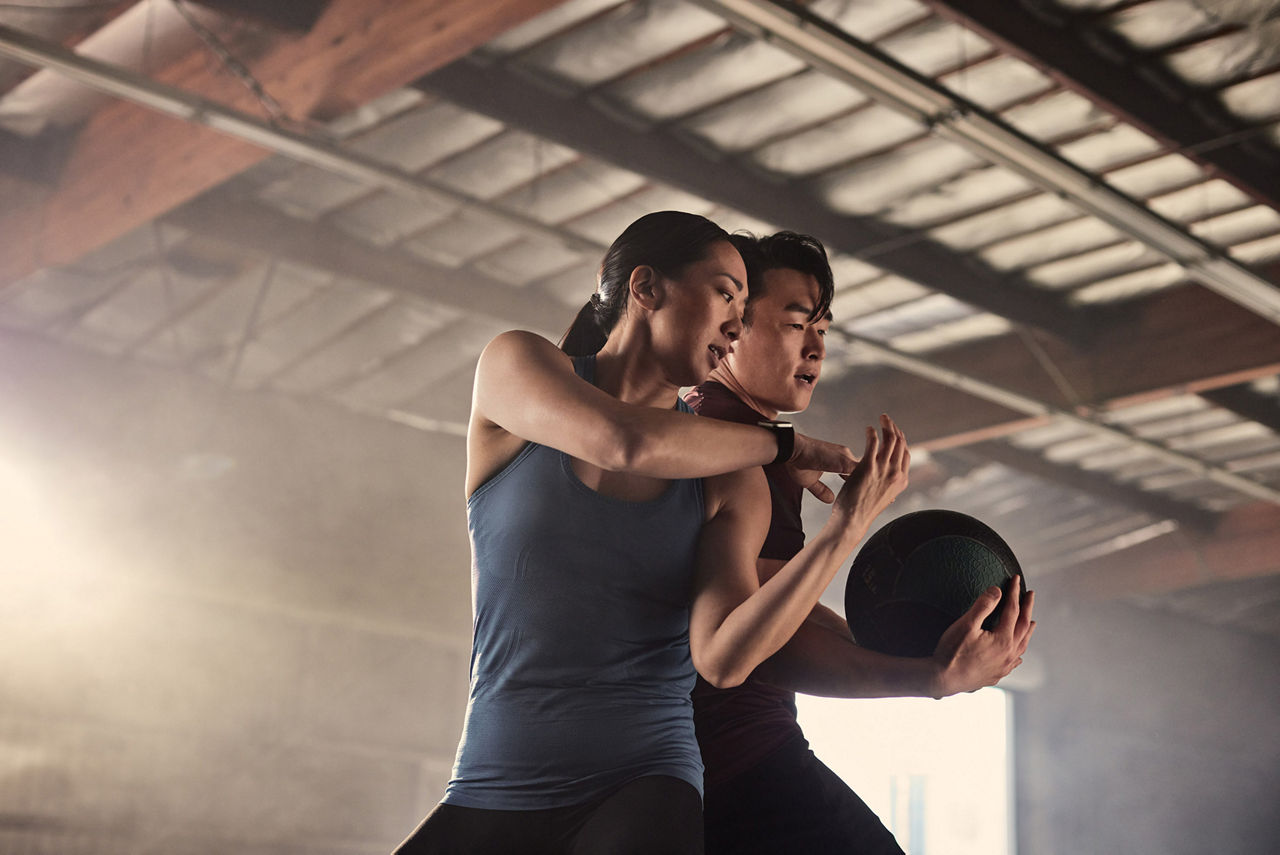
Fitness & Performance
How to Snack Like an Athlete: What to Eat Before and After Your Workout
Herbalife 23 July 2023
Healthy snacking is an important part of anyone’s diet. But for athletes and active individuals, snacking ensures adequate fuel for exercise, improves muscle recovery, boosts mental performance and helps maintain healthy body composition.
Snacks between our main meals are necessary to get the calories and nutrients our bodies need. The number and type of snacks should be determined by your hunger signals, as well as your work, academic, athletic or sleep schedules.
By paying attention to the hunger cues from your body, you can help give your body the fuel it needs throughout the day to keep it performing at its best.
The key is to make smart snack choices to keep you on track with your nutrition and performance goals. Planning ahead is also key to helping you be successful with your snacking!
1. Balance Macronutrients in Snacks.
Protein promotes fullness, helping ward off hunger until your next meal, which is why looking for snacks with protein is a good strategy. Aim for snacks with at least 5 to 10 grams of protein.
That doesn’t mean carbohydrates aren’t important, as they provide your body and brain with energy. However, you want good quality carbs like what you will find in whole-wheat bread, crackers or high-fiber cereal. Healthy fats, like nut butter or avocados, also have a place in snacking as they provide lasting energy.
2. Be Careful With High-Sugar Snacks.
Treats might satisfy a craving, but they don’t do much to control hunger. Consuming high-sugar snacks can often lead to overeating, which eventually leads to weight gain.
Choose a convenient snack such as a protein bar, fruit or Greek yogurt when you're on the go. These will keep you fueled and satiated.
3. Snack Mindfully.
One of the biggest problems with snacking is that many people snack while doing something else, which can lead to overeating. Snacking while watching TV, scrolling on your phone or while working can end up with you eating a lot more than expected. Try to make eating a purposeful activity that is done without distractions.
4. Plan Ahead.
Prepare healthy snacks at home to take with you to work, school or training. Skip the vending machine and avoid buying snacks where healthy options are limited.
You’ll not only save money, but you’ll also get a bigger bang for your nutritional buck by preparing healthy snacks ahead of time. Pack portable snacks in your backpack or sports bag.
For preworkout snacks, I recommend incorporating a healthy mix of macronutrients, especially good-quality carbs, if you engage in endurance training or sports.
These are some good snacks for about an hour before a workout:
- Greek yogurt with berries
- Banana and peanut butter
- Cottage cheese
Once you get within 30 minutes of a workout, you want to stick mainly to liquids, making a preworkout drink or sports drinks good options.
After your workout, it's important to hydrate and consume protein for optimal recovery. Within 30 minutes of a workout, a protein shake is a great option. Not only does it give your body the nutrients it needs, but it is convenient. However, a postworkout shake doesn't replace a meal, so here are some good postworkout snacks:
- Tuna and whole-wheat crackers
- Turkey sandwich
- Hummus and pita
Planning ahead and knowing your schedule will keep you from missing your healthy snacks.
Trending Articles






